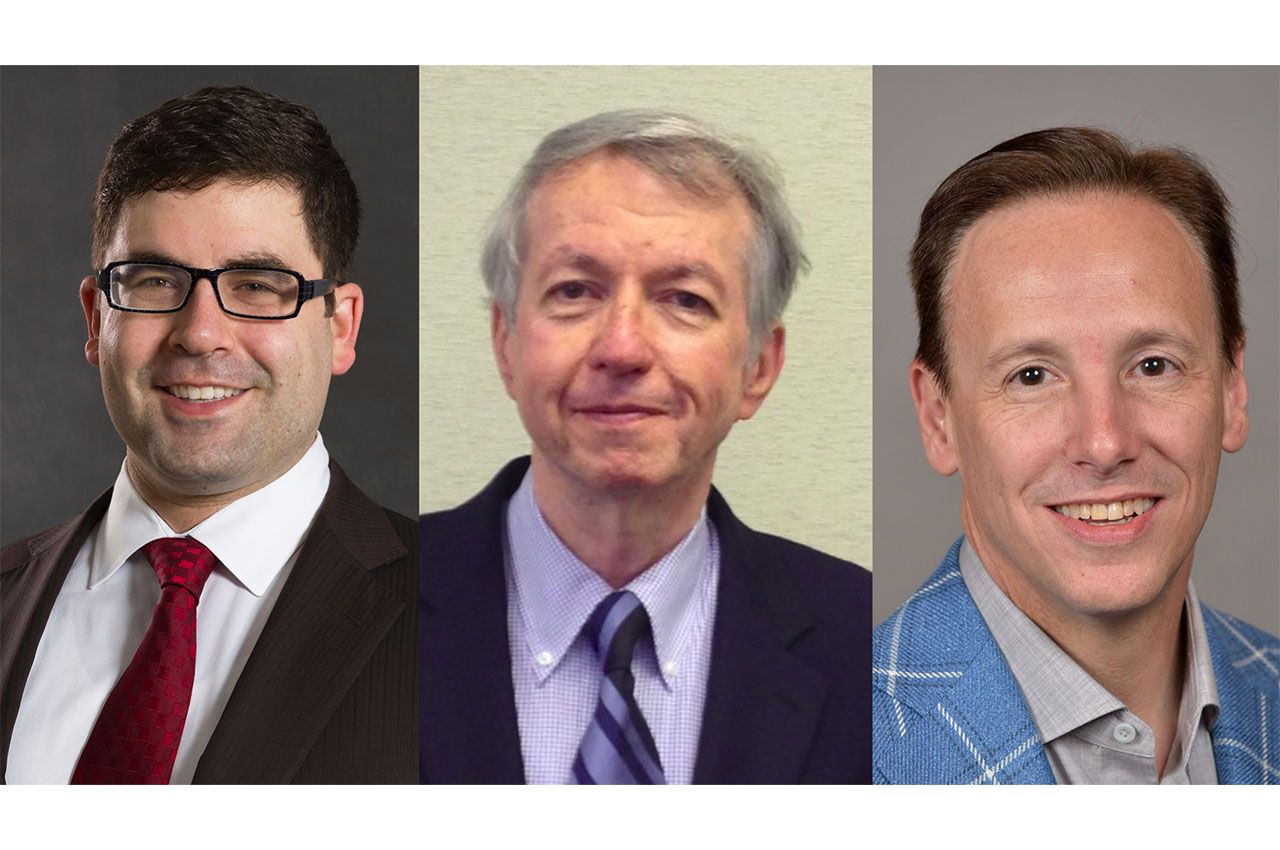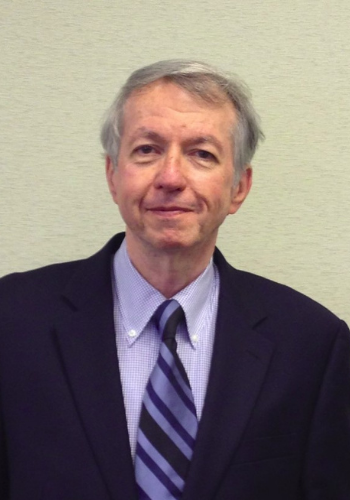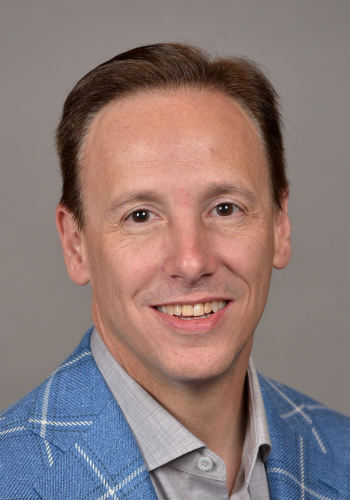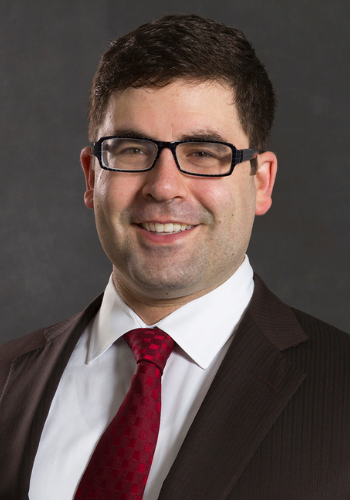Chicago-Kent Offering Unique Cybersecurity Certificate for Non-Technical Professionals, Taught by Top Executives in the Field


How can you measure risk in the information age? Do you understand the threats posed by technology, and how to reasonably apply resources to deal with them?
Starting this year, Chicago-Kent College of Law will be offering a certificate program in cybersecurity unlike any other in the Chicago area. Designed for non-technical professionals in any field—from business executives to attorneys to risk management leaders—the program enables attendees to deepen their understanding of technology with accurate, up-to-date knowledge of what cybersecurity is and the risks it addresses.
Graduates will be able to identify potential cyber threats and help lead through crises. Attendees will also learn many aspects of cybersecurity governance, get a basic competency in technology and tech-related issues, and grasp the legislative big picture surrounding emerging threats and related regulations.
In short, it will allow members of the business, legal, and information technology communities to competently communicate with each other when addressing cybersecurity threats.
The strength of the course lies in its instructors: a powerhouse of experienced executives who have assessed modern technological threats to major corporations and organizations.
George Pierce serves as secretary, chief legal officer, and chief compliance officer for Toyota Tsusho America Inc. He established the company’s legal department and oversees cybersecurity, legal, and regulatory compliance matters concerning the company’s operations in the United States, Canada, and Mexico.

Then there’s David Cass, senior partner of the global strategic consulting firm Law & Forensics LLC. Cass was formerly the regulator of large institution supervision and vice president of cyber and information technology risk at the Federal Reserve Bank of New York. He is also the former chief information security officer for IBM and former risk management vice president at JP Morgan Chase.
Additionally, he’s an advisory board member of the Harvard Cybersecurity Program and managing editor of the Journal of Legal Technology Risk Management.
Finally, the program will include instruction by Daniel Garrie, one of the foremost cybersecurity lawyers in the United States and co-founder of Law & Forensics LLC, where he heads the computer forensics and cybersecurity teams.
When asked about his experience with cybersecurity, Pierce notes his company has prepared for threats to automotive manufacturing on a global scale.
“How do you prepare for that? What kinds of things might you think about in advance? It’s a complex problem. There’s a lot of factors you have to think about, and you have to come to a reasonable balance of how to control this risk as best we can,” Pierce says.

“As a chief legal officer, you also have to know how to motivate people, which is not always easy. One of the things I’ve heard over and over again is the thought, ‘I’ve never had a problem, so why are we worried?’” Pierce adds with a chuckle.
But good risk management is about balance, Pierce is quick to add. “I want to eliminate risk, and keep the bad guys locked out. But at what cost, what impact to the business—what’s a reasonable level without driving the business out of business?”
But part of the issue is communication between various business, technical, and legal specialists within a company, which the program is built to address.
“You have to know how to ask the right questions. Techies don’t ask the right questions to the lawyers; lawyers don’t ask the right questions of techies; nobody understands cybersecurity insurance…and on and on. In order to do that, you need to develop a basic fundamental understanding [of the technologies involved],” Garrie says.
Adds Cass, “There’s cybersecurity teams, legal teams, and information technology teams. We all speak a different language, essentially. Everyone in that sector of industry has their own language. We speak past each other.
“But all of these groups really need to work together as one team,” Cass continues. “We need to get everyone speaking in the same direction. I think it’s about, how do you increase everybody’s knowledge across the board? There’s a baseline of understanding that everybody should have. That’s what we hope to teach.”
The classes will include an overview of computer hardware, software, and cloud computing; familiarization with blockchain, smart contracts, cryptocurrencies, non-fungible tokens (NFTs), and decentralized autonomous organizations (DAOs); understanding what cyber insurance is and how to buy it; a survey of cyber regulations; and discussions about cyberwarfare and how it relates to international law.
The six-week program will be taught online via Zoom from March 23 to April 27. For those interested, contact Professor Richard Warner at rwarner@kentlaw.iit.edu or enroll here.



